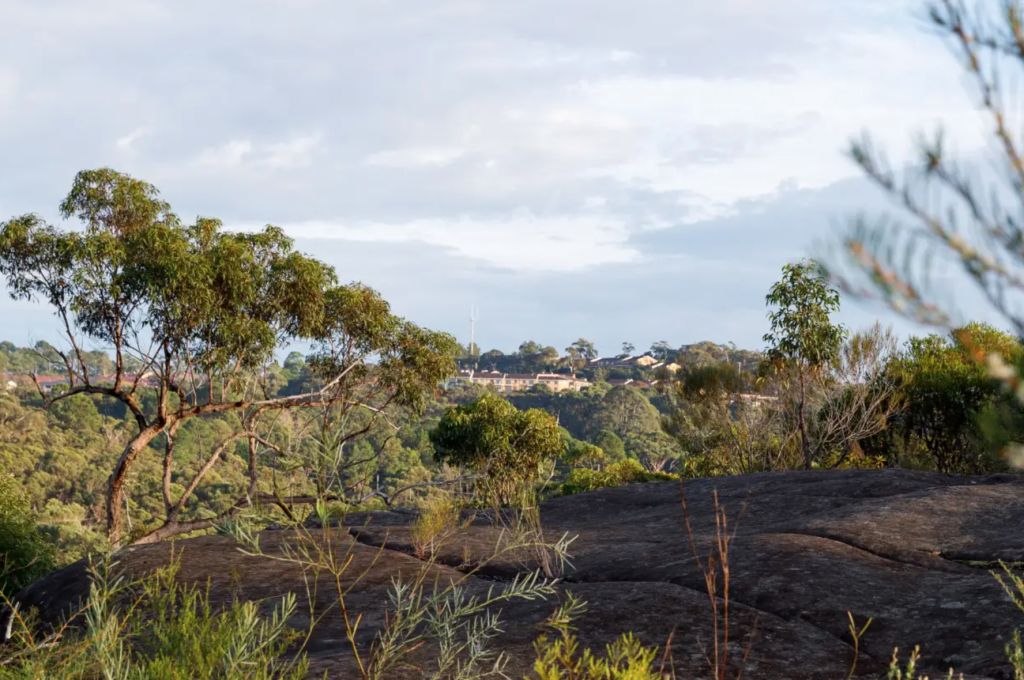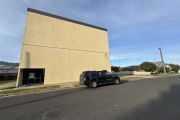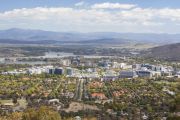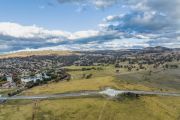
Aboriginal land rights test case in Sydney's northern beaches
Sydney’s affluent northern beaches has become the focus of a land rights test case over plans for the development of a 71 hectare bush holding at Belrose, known as Lizard Rock, the Metropolitan Local Aboriginal Land Council (MLALC) wants to transform into a 450 lot sub-division.
Land rights activist and chief executive, Nathan Moran, said MLALC controlled hundreds of former Crown land sites across the Sydney metropolitan area that were returned under the NSW Aboriginal Land Rights Act. The council wants to monetise some of the land to fund services such as social housing for its stakeholders.
He said Lizard Rock was part of a much larger debate over the rights of indigenous Australians to develop land they own in the face of opposition from local stakeholders, who often protest it should remain undeveloped.
“It can be frustrating when people, who don’t have any clue about how we operate, start making statements about how we should hand land over for National Parks, or it should never be developed, it should just be for the flora and fauna,” Mr Moran said.
“I think people have miscued the reality that land rights isn’t just about getting land back to add to the public estate, which we already lost.
“It’s actually land given back to us as recompense. Acquiring assets is one thing but having no liquidity is a downright contradiction to have a successful business, which is at the heart of what we’re trying to do.”
Opponents include local federal Liberal Party MP Jason Falinski, normally a vociferous advocate of increased housing supply, who called it a “bad development” that should not go ahead because of a lack of supporting infrastructure.
Test case
But he has no say in a matter that is now in the hands of the state government, after the MLALC – by far the biggest landowner in the region, with 912 hectares across nine sites – bypassed local government following issues in the past.
Mr Moran said a rejection of an earlier MLALC development application by the former Warringah Council, which merged with Pittwater and Manly councils to create Northern Beaches Council in 2016, was a catalyst for the State Environmental Planning Policy (Aboriginal Land) 2019.
It enables certain projects to be deemed regionally significant and not subject to local council approval, while providing a planning engagement framework for the creation of Development Delivery Plans, such as the one submitted by MLALC for six of its northern beaches sites.
Mr Moran said the potential development of Lizard Rock, first mooted in 2004, had been approved by MLALC members and would be the test case for the new SEPP.
He said opponents must understand that “we were getting back land for recompense and that we need to use that land as best we can [and] in particular that we must use land at some stage to create a commodity to fund ourselves”.
Mr Moran said in the past the MLALC had sold vacant land to developers – and then been criticised for an outcome it had nothing to do with – but would now develop the land itself or in a joint-venture with a development partner.
The state government said Local Aboriginal Land Council development proposals were subject to the same environmental assessment criteria and legislative requirements as any other submission at the planning and DA stages.
Public comment on the Northern Beaches Aboriginal land Development Delivery Plan is open until March 21.











